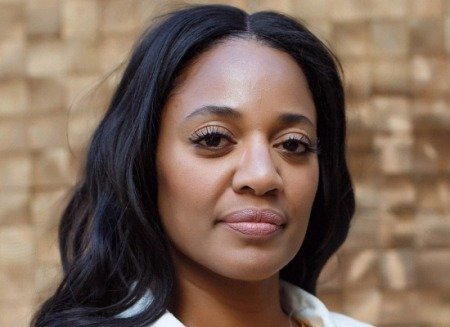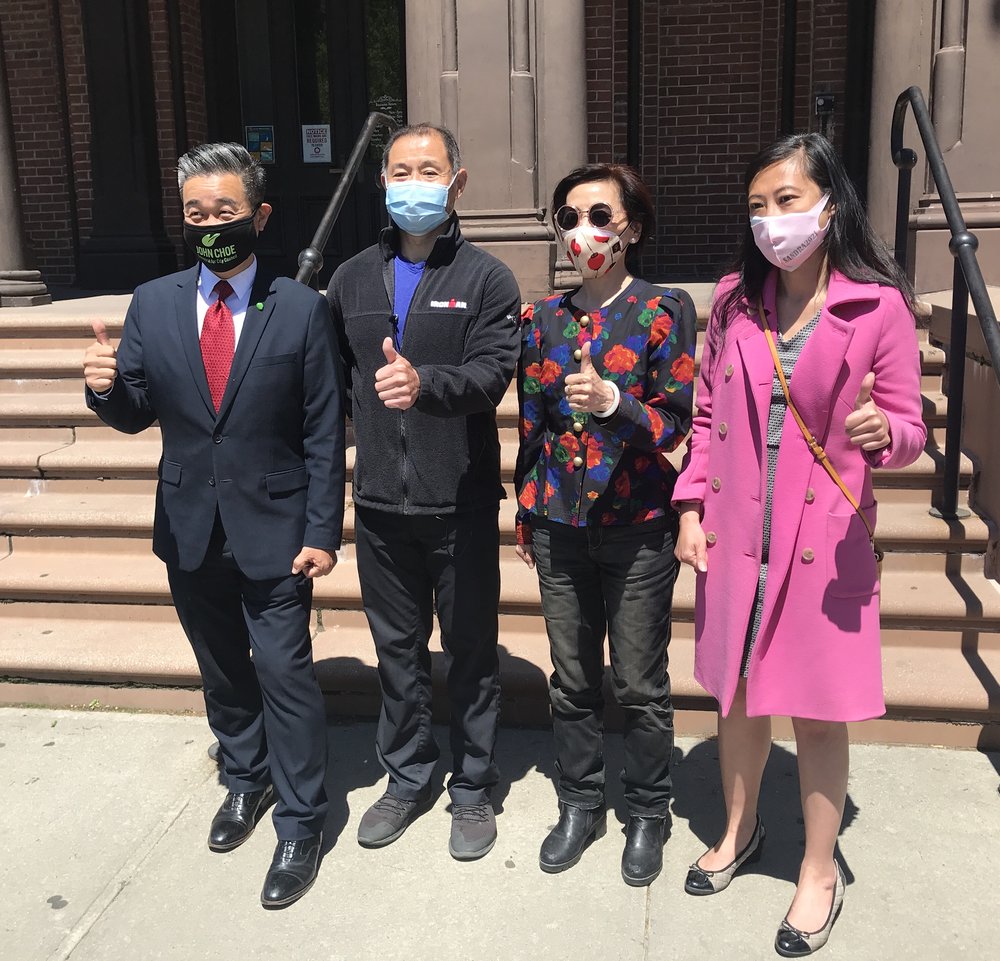Young, Mallon join team at Borough Hall
Borough President Donovan Richards has appointed two fresh faces to leadership roles within his office.
Ebony Young will assume the duties of deputy borough president, while Michael Mallon will be named chief of staff.
They are replacing outgoing Deputy Borough President Rhonda Binda and outgoing Chief of Staff and Senior Advisor Franck D. Joseph II. Binda will work in the private sector and Joseph will explore other professional opportunities.
“Ebony’s track record in the non-profit and housing sectors and Michael’s work in government exemplify the kind of passion and perspective we need to move Queens forward,” Richards said.
Young, a Woodside resident, has spent over two decades working in the nonprofit sector as an executive leader at the Long Island City YMCA, TF Cornerstone, Black Entrepreneur Initiative and Ladies of Hope Ministries.
Previously a member of several Queens boards, task forces and advisory committees, Young has worked in areas of youth development, healthy living and social justice reform.
She most recently ran for City Council in District 26 covering the westernmost neighborhoods of the borough.
“I believe in the vision of the Borough President Donovan Richards, and I look forward to building a Queens that works for everyone,” Young said.
Mallon most recently served as director of Intergovernmental Affairs for Richards’ office, overseeing events and productions, civic engagement initiatives, and hate crimes and bias response.
He is a founding member of the Riders Alliance, as well as president of the Lesbian and Gay Democratic Club of Queens.
“Borough President Richards has truly delivered for the World’s Borough over the past year, and I remain committed to working alongside him to build upon that progress,” Mallon said.






